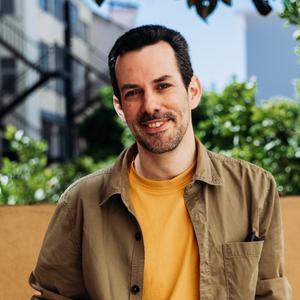2010 was the year I had the chance to become part of the Euroblog Study together with Philip Young and Derek Hodge. Simply put, it is an effort to understand how Public Relations are taught across Europe, and specially how Social Media channels are made part of curricula.
It can sound like a simple project, even taking into account that Europe as more than 50 countries it can be done if you have the support of an organization like EUPRERA. But the biggest obstacle is not the size of the study, It is being able to know which courses are in fact a part of the Public Relations discipline, for starters, and being able to categorize them into a framework that allows us to better understand how Online PR and Social Media are taught.
We came to this conclusion during the preliminary study, where we gathered as much information from Portugal and the UK as possible and presented at the EUPRERA Spring Symposium 2010.
Nowadays, projects such as these require a new approach and even a new methodology, not just to gather information in a more manageable way, but also to deliver results fast enough so they can be put to practical use. And this cannot be the usual survey with Google Docs or SurveyMonkey.
My attempt at solving this puzzle came while trying to learn to use Django and Ruby on Rails, these are frameworks for fast web development. They allowed me to build a form to gather a very broad amount of data.You can see the result by visiting https://euroblogstudy.heroku.com.
At first glance it will look like a rudimental tool, mostly because I took little care on the design aspect. On the other hand, once that database is populated it is possible to run as many different queries as we want and even use frequency analysis to uploaded files, descriptions of courses and other details with any cross-reference we wish to apply.
We don’t know what will be the next steps for the Study, and I do not know what time and effort I will be able to put towards it. Not wanting my work to go to waste, I opted to make the full source code of the software I put together available to anyone. You can find it hosted at GitHub.com/brunoamaral. There are still a few bugs to work out, but any web developer with knowledge on Ruby on Rails will be able to sort everything out and replicate the website.

